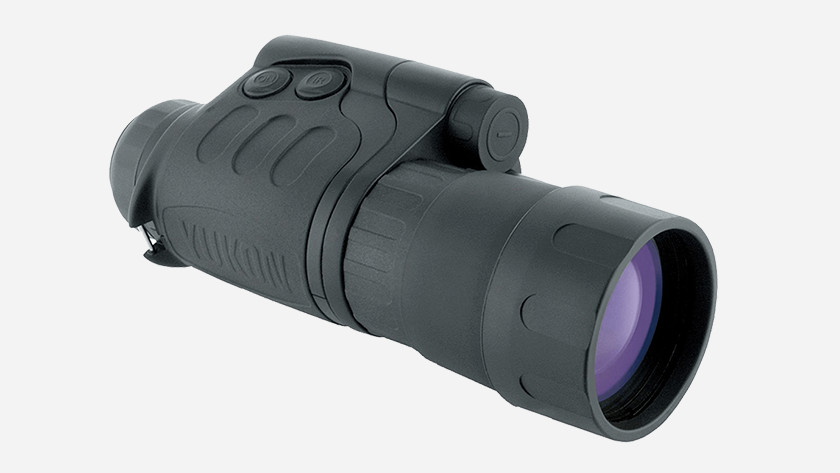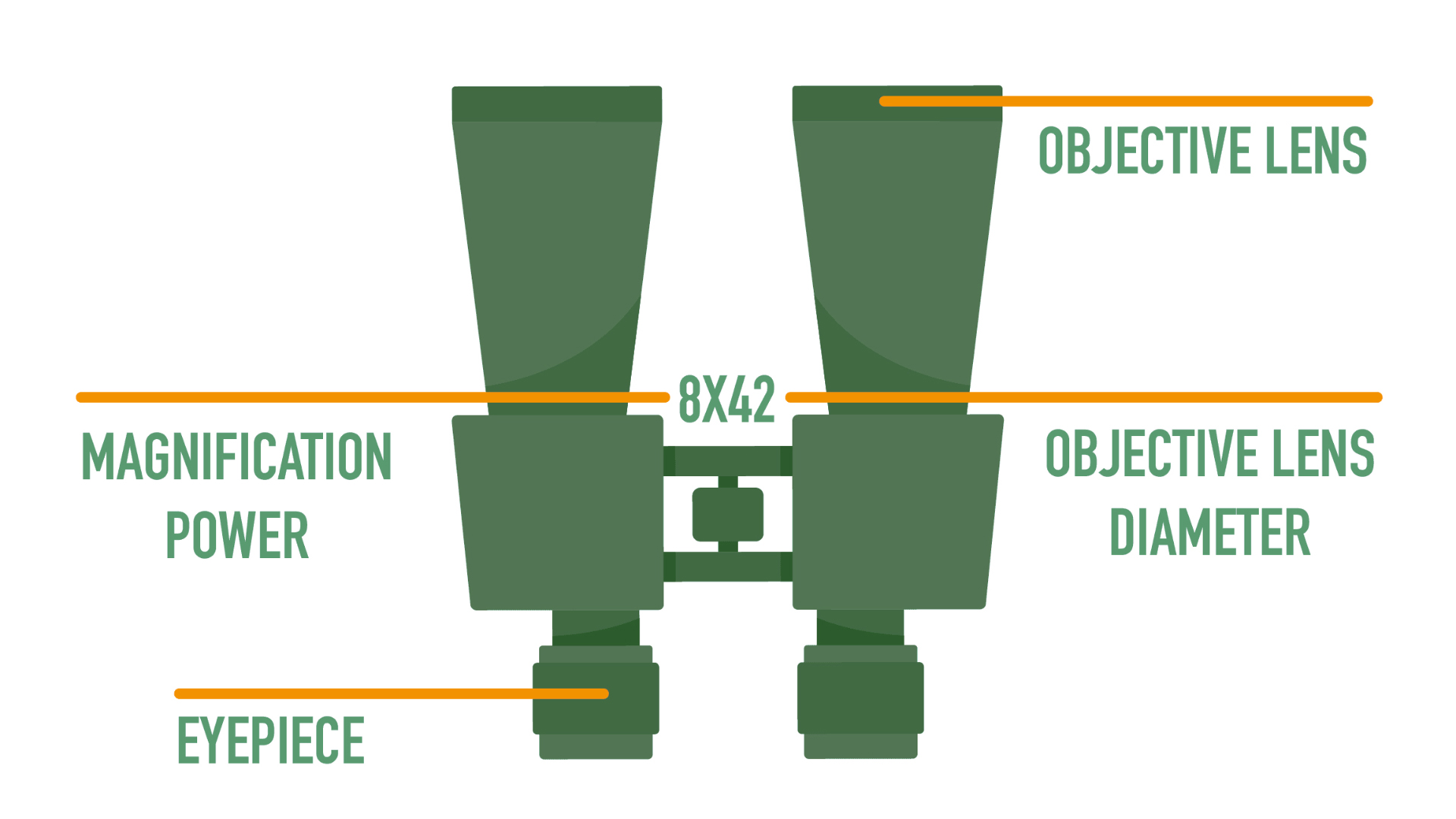Understanding the Modern Technology Behind Modern Binoculars for Sharp Views
Understanding the Modern Technology Behind Modern Binoculars for Sharp Views
Blog Article
The Significance of Field Glasses in Education and Scientific Research Study: Exactly How These Optical Instruments Contribute to Understanding and Exploration
The combination of field glasses into instructional settings and clinical research study is typically overlooked, yet their payment to enhancing observational abilities is substantial. These instruments connect the gap between theoretical ideas and sensible application, allowing pupils and researchers alike to involve with their environments in a substantial manner. In self-controls varying from environmental scientific research to astronomy, field glasses serve as important tools that advertise questions and vital reasoning. However, the wider effects of these optical devices on learning outcomes and scientific expedition warrant better evaluation, specifically as we consider their possible in shaping future scientific ventures.
Enhancing Observational Abilities
In academic and research study setups, using binoculars substantially improves observational skills among students and specialists alike. These optical instruments facilitate a deeper understanding of distant topics, making it possible for customers to observe information that would certainly otherwise remain unseen. By employing field glasses, learners can check out wildlife, astronomical sensations, and geological developments, promoting a more profound link to the subject.
Binoculars work as important tools in area research studies, motivating pupils to involve proactively with their setting. Through enhanced monitoring, they can collect information more properly, resulting in improved logical skills. This hands-on experience permits the development of crucial thinking, as trainees should interpret what they see and associate it to theoretical expertise.

Bridging Concept and Technique
Observational skills established via the use of binoculars normally bring about a more profound combination of academic expertise with useful application. By engaging in direct observation, learners can change abstract ideas right into tangible experiences. This synergy cultivates a deeper understanding of clinical concepts as trainees attach academic structures with real-world sensations.
For circumstances, when examining avian biology, students can use their understanding of bird anatomy and behavior through the lens of field glasses, observing attributes such as plumage variation, feeding habits, and migratory patterns. This direct engagement not only reinforces theoretical concepts but also grows vital reasoning and analytical skills.
Furthermore, the use of binoculars urges students to develop hypotheses based upon their monitorings, consequently improving their scientific inquiry skills. They can proactively examine these theories in the area, bring about a more experiential discovering atmosphere that promotes curiosity and expedition.
In significance, binoculars act as an important device in connecting the gap in between classroom understanding and fieldwork - Binoculars. They equip pupils to end up being energetic participants in their education and learning, motivating a holistic technique to understanding the all-natural world and its intricacies. Therefore, the important source assimilation of theory click for source and technique is important for fostering notified and involved learners
Applications in Environmental Scientific Research
Using field glasses in environmental scientific research enhances the capability to observe and analyze ecological communities with greater accuracy. These optical instruments are necessary for conducting area researches, allowing scientists to monitor wildlife populaces, assess plant wellness, and evaluate habitat problems without interrupting the natural surroundings. Field glasses promote the identification of species at different ranges, permitting scientists to gather essential data on biodiversity and behavior.
In eco-friendly research study, field glasses are vital devices for ornithologists researching avian behavior and migration patterns. find They make it possible for scientists to tape observations over long periods, adding to beneficial longitudinal studies - Binoculars. Additionally, binoculars play an essential role in habitat assessments, as they enable the in-depth monitoring of plant neighborhoods and their communications within communities
Ecological instructors likewise take advantage of field glasses, as these tools improve experiential discovering chances. Trainees can engage directly with their surroundings, cultivating a much deeper admiration for eco-friendly systems. By including field glasses into educational programs, teachers can motivate the future generation of environmental scientists.
Duty in Astronomy Education
Making use of binoculars in astronomy education and learning gives an available gateway for pupils and fanatics to check out holy sensations (Binoculars). Unlike big telescopes, field glasses are portable, straightforward, and reasonably affordable, making them an ideal initial device for observing the night sky. Trainees can easily involve with the universes, cultivating a hands-on understanding experience that enhances their understanding of expensive principles
Binoculars allow customers to observe a range of celestial objects, including the Moon, worlds, and celebrity collections. Importantly, field glasses serve as a bridge to a lot more complex astronomical tools, offering foundational experiences that can stimulate deeper interest in the field.
In instructional settings, guided binocular sessions can promote team partnership and discussion, boosting the discovering experience. The shared experience of observing heavenly bodies can cultivate a feeling of community amongst students. Overall, binoculars play a crucial function in demystifying astronomy, making it friendly and appealing for people in any way levels of education.

Inspiring Inquisitiveness and Query
Field glasses not only help with the monitoring of celestial sensations however additionally ignite a sense of inquisitiveness and inquiry amongst pupils. By providing a more detailed look at distant objects, field glasses encourage learners to ask inquiries and discover the setting around them. This device transforms easy learning into an active, engaging experience, fostering a deeper understanding of clinical ideas.
When pupils make use of field glasses to observe wild animals, landscapes, or expensive items, they establish empirical abilities that are essential for scientific questions. The act of concentrating on certain information triggers them to develop hypotheses, conduct examinations, and draw verdicts based upon their observations. This procedure not only improves their important assuming capacities but likewise supports a lifelong enthusiasm for exploration.
Additionally, field glasses can connect the void in between theoretical expertise and real-world application. As pupils observe phenomena firsthand, they can attach class finding out to functional experiences, making education a lot more appropriate and significant. Inevitably, the use of binoculars in academic settings acts as a driver for interest, equipping students to pursue expertise with interest and cultivating a feeling of wonder regarding the world around them. In this method, binoculars play an important duty in inspiring future generations of researchers and thinkers.
Conclusion
In summary, binoculars work as essential devices in education and clinical research, significantly boosting observational abilities while linking the space between theoretical expertise and useful application. Their diverse applications in fields such as ecological science and astronomy highlight their importance in cultivating curiosity and query among trainees. By facilitating detailed evaluations of distant topics, field glasses not just inspire the following generation of scientists but also grow a profound recognition for expedition and the clinical technique.
Report this page